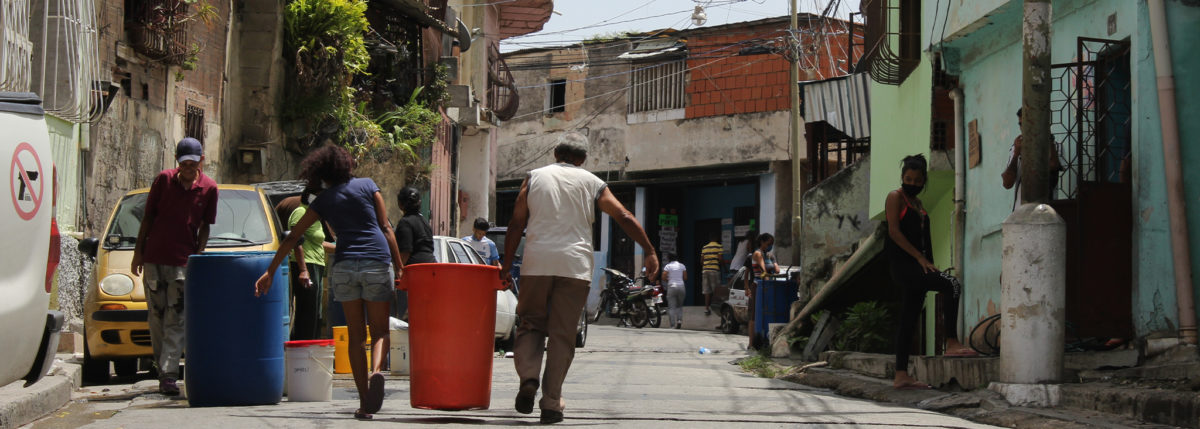The Dire Reality of having Type 1 Diabetes in Venezuela
Editor’s Note: Since the 2013 election of Nicolas Maduro, predecessor to Hugo Chavez, tens of thousands of Venezuelans have been arbitrarily detained. In a recent report, it is estimated that more than 8,292 “extrajudicial executions” have taken place since 2015. The government refuses to declare a humanitarian crisis despite the abject poverty its people are facing. Venezuelans are starving and the government will not let international aid in, which has left little hope for the civilians suffering within its borders. A panel of independent international experts is investigating grounds for charging Maduro with crimes against humanity. This report comes from Martha Palma Troconis, a journalist who profiled a family whose daughter is trying to manage type 1 diabetes under these horrific conditions.
People with type 1 diabetes in Venezuela are experiencing one of the worst moments in history. They don’t have blood glucose test strips; they can only get insulin at no-cost at hospitals, if they get it at all. And very few can afford insulin from pharmacies when it is in stock.
As if these circumstances weren’t enough, the undernourishment and malnutrition that exists not only puts their lives at risk, but also their future because they will not grow up or develop normally, and this is a reality that cannot be reverted.
The basic needs are almost impossible to meet, and doctors are powerless in their offices because they ran out of answers for the questions and needs of their patients.
Adriana is 13 years old and has three siblings. They all suffer from malnutrition. However, she is the one in the worst condition because she has type 1 diabetes. The management of her condition is almost impossible since there is no money to buy the supplies or food. As children, they are aware of the situation. They go without eating chicken or meat for months. They only eat agave (also called yuca), and when there are leftovers, which is not often, that is what their mother eats.
Their mother is an elevator operator in a public organization. They threatened her with taking her job because she reported the difficult situation her family is going through. She is already tired. She did not deny her story that was made public through an international channel so the government threats continue. Because of telling her story though, she has received some help from people who were made aware of their situation.
In the countryside it is even more difficult to obtain supplies. Cases of diabetic ketoacidosis continue to increase, which accelerates the complications of the condition when there is no good management in process.
There is no hope for improvement if Venezuela does not receive humanitarian aid. In our country there are people dying of flu due to lack of medicines. This gets even more complicated if we talk about people with chronic conditions like type 1 diabetes.
Our children and teens deserve a better future. Taking this under consideration, Guerreros Azules began the database of minors under 21 living with type 1 diabetes (T1D) in Venezuela. Currently, that information does not exist. When we have it available, we will know the real needs of this vulnerable population.
People with type 1 diabetes are dying in Venezuela. Please help us spread the word out using the following hashtags:
- #VenezuelaSinInsulina
- #LaDiabetesNoEspera
- #SinInsumosNosMorimos





